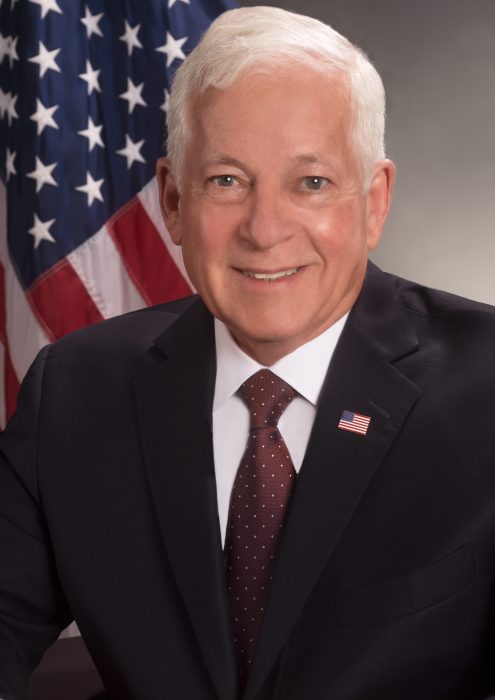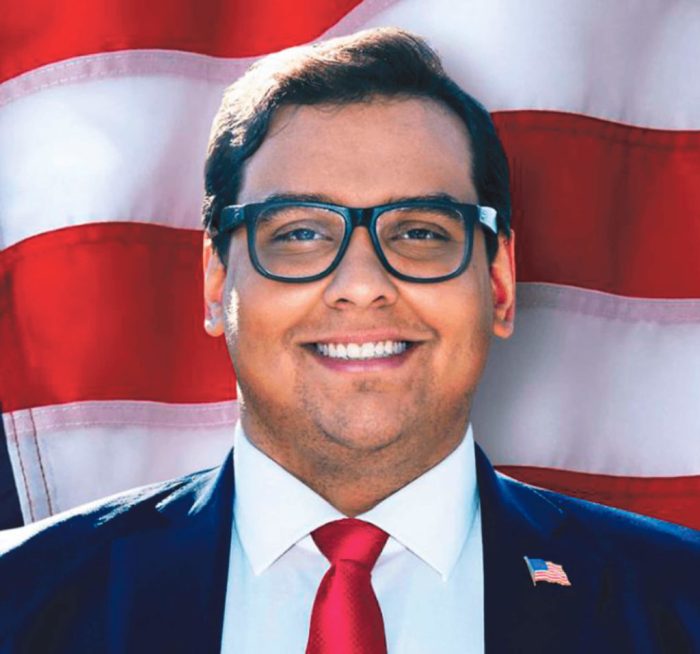Politics, Health Care And The Cliff
We are now more than a week into the government shutdown and no end in sight. So things are not exactly hunky-dory in the nation’s capital. Both political parties are at loggerheads and the frustration of the American people continues to mount.
First things first: Despite the fact that there have been 17 shutdowns since the mid-1970s, it was foolhardy for Republicans to come to the table with “a take no prisoners” attitude. I have as many reservations about Obamacare being another government boondoggle as the next guy. But there is no sense in ignoring the political arithmetic. The Democrats have the White House and the Senate. That’s a deal breaker when it comes to defunding Obamacare, no matter how long Ted Cruz wants to filibuster on the floor of the Senate.
Numbers matter in politics and Republicans do not presently have them to derail the president’s signature issue. To stubbornly keep pulling at a door that is marked push is to assure that there will be no consonance between word and action. What about this Republican goal to defund Obamacare as a symbolic measure — a sign that it is no longer business as usual? My retort echoes that of Catholic author Flannery O’Connor who said that if the Host was just a symbol then I would say the hell with it.
The key for Republicans and Democrats is how to make health care more affordable. Health care is expensive. It’s expensive because in 1943 a federal court held that employer-sponsored health insurance was exempt from income and payroll taxes. This allowed employers to offer employees more generous health benefits in lieu of higher salaries. The best estimate for this tax-exclusion employer sponsored health insurance is in the neighborhood of $300 billion. As a result, Americans became insensitized to the value of the coverage they receive.
Second, of course, was the passage of Medicare in 1965 that lavishly lined the pockets of doctors and hospitals, bills all footed by the ever compliant taxpayer. Medicare was revolutionary in that it gave retirees access to heavily subsidized health care, with virtually no mechanism to control the cost. Republicans, under the aegis of the Paul Ryan plan, tried to make some modest market-oriented changes to Medicare just as George W. Bush sought to do with
Social Security. Unfortunately, few Republicans are willing to make changes to the tax exclusion provision for employer-sponsored insurance — mostly because it is very popular. Because we are not living in a Republican epoch, but in an environment where the GOP is regularly slandered over denying basic human rights, such a cautious posture is understandable.
Ideals go pari passu with compromise and reconciliation. That’s how the democratic system works. But now it is very clear that the intransigence over this issue is radiating from the Obama Administration. Senate Majority leader Harry
Reid, that cadaverous panjandrum, has been endlessly calumniating his Republican counterparts as being the epitome of irresponsibility in forcing a shutdown of the government. What he doesn’t tell you is that the Democratic Senate spending bill is $91 billion more than the House spending bill. Republicans are looking to cut that spending in return for raising the debt ceiling. This is hardly unreasonable in light of a debt that is going into orbit. When George W. was president, our national debt was $9 trillion and Senator Obama called that unpatriotic. Today that debt is $16.7 trillion and the Democrats want to raise it another trillion to $17.7 trillion.
Yes, Obamacare is the law of the land but glitches are springing up like crabgrass in an unkempt lawn, which is why there is no Gadarene rush for Obamacare. There is something gnawingly uncomfortable about the hospital industry lobbying so hard for it. Moreover, there is evidence that Obamacare is already driving up health costs. Folks are more suspicious about this being an innocuous and benevolent attempt to extend health insurance to people who don’t have it. A few facts:
1. Obamacare is not, as promised, going to lower the premiums of everyone. Indeed, it’s going to raise them. How can it be otherwise when the law requires insurers to cover people they now turn away for pre-existing conditions?
2. You are not going to be able, as the president has said repeatedly, to keep your health insurance if you like it.
3. Who knew about all these special privileges and exemptions for Congress and their staffs as well as for some in the business world? It’s been said that Congress would be wiser in the laws they passed if they actually had to live under them.
4. Young people, many who are struggling to make a living and paying off college loans, are bound to discover that there is a big difference in wanting everyone to have insurance and quite another for having to pay for the damn thing.
There are some compelling ramifications to having the government manage one-sixth of the economy, especially when misinformation about it is epidemic. There should be a law against such casuistry. The great 19th-century English political essayist Walter Bagehot wrote that unless people become more educated, poIitics will degenerate into a contest over which party could most convincingly promise the moon to the ignorant.
I’m in favor of the proposal to delay the implementation of Obamacare; it clearly is not ready to be put in practice and both Democrats and Republicans will benefit from a cooling off period. As for the government shutdown, the president needs to make a face-saving deal and there are steps he can take without looking like he is raising the white flag. The president can’t go over the cliff on the debt ceiling because the economy will do a nosedive and the president is always blamed when the economy goes south. Political self-interest will be our lifeline in these turbulent waters.


























